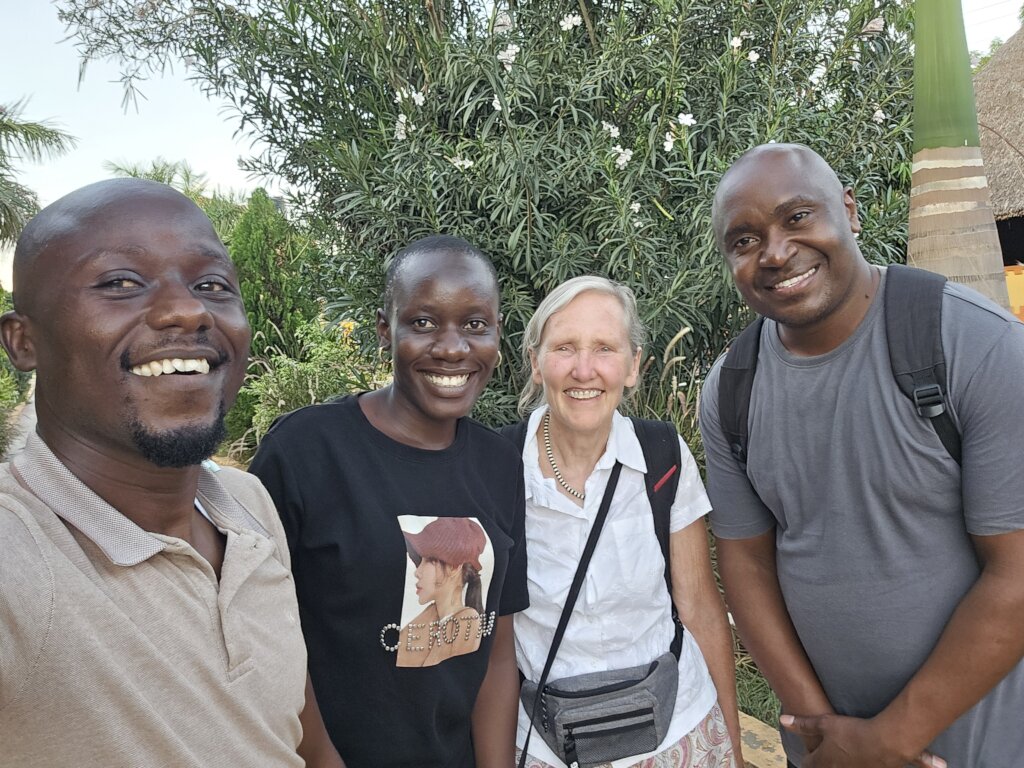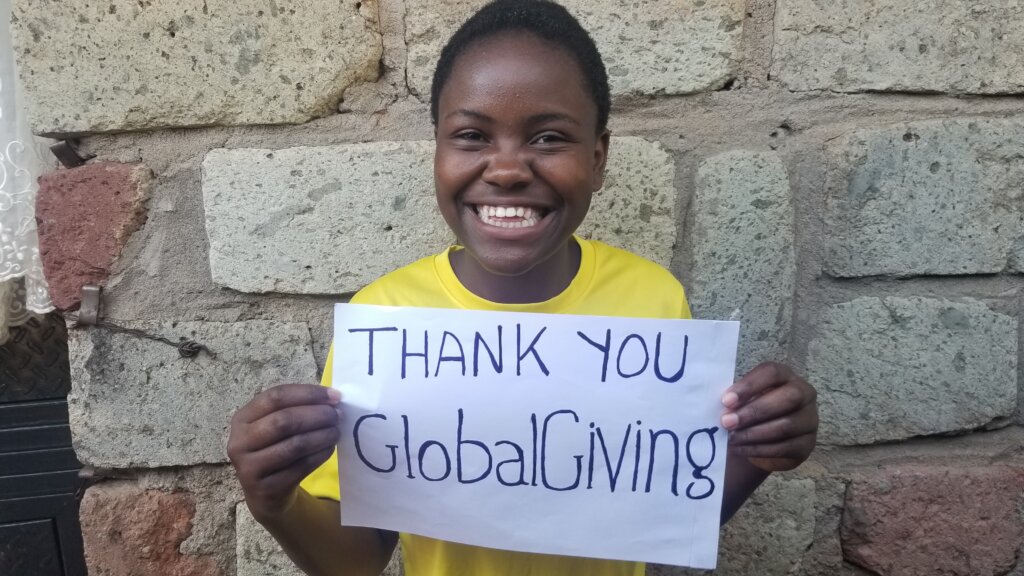![Transformation dialogue forum in the community]()
Transformation dialogue forum in the community
The Transforming Community for Social Change (TCSC) recently hosted a transformative dialogue forum that successfully brought together 47 participants. This diverse group included 19 women and 28 men, representing a broad spectrum of community leadership. Among the attendees were church leaders, opinion leaders, youth leaders, and administrative leaders, including assistant chief and security personnel from the Administration Police. Also present were representatives from Maendeleo ya Wanawake, an organization dedicated to the advancement of women. The forum aimed to deepen the participants' understanding of peace, conflict, and violence, clarify their roles and responsibilities in peacebuilding, and formulate effective strategies for promoting peace within their community.
Deepening Understanding of Peace, Conflict, and Violence
The first objective of the forum was to enhance participants' comprehension of the fundamental concepts of peace, conflict, and violence. Through interactive sessions and expert-led discussions, participants explored the various dimensions of these concepts. The forum emphasized that peace is not merely the absence of conflict but involves the presence of justice, equality, and mutual respect. Participants examined the root causes of conflict and violence in their community, identifying factors such as economic disparities, cultural misunderstandings, and political tensions. This deeper understanding was crucial for recognizing the complexities of peacebuilding and the multifaceted approaches required to address conflicts.
Clarifying Roles and Responsibilities in Peacebuilding
With a solid foundation in the concepts of peace, conflict, and violence, the forum then focused on clarifying the specific roles and responsibilities of different community leaders in peacebuilding efforts. Church leaders were encouraged to use their influential platforms to promote messages of reconciliation and unity. Opinion leaders and youth leaders were identified as crucial in mobilizing community members and fostering a culture of peace through advocacy and education. Administrative leaders, including the assistant chief and security personnel, discussed their roles in maintaining law and order while also being sensitive to the underlying social dynamics that contribute to conflict. Representatives from Maendeleo ya Wanawake highlighted the importance of gender inclusivity in peacebuilding, ensuring that women's voices and perspectives are integral to the process.
Formulating Strategies for Effective Peacebuilding
The final segment of the forum was dedicated to developing concrete strategies for effective peacebuilding in the community. Participants engaged in collaborative brainstorming sessions, resulting in a comprehensive action plan. Key strategies included:
- Community Dialogues and Mediation: Establishing regular forums for open dialogue where community members can express grievances, share perspectives, and work towards mutual understanding. Trained mediators from the community will facilitate these sessions to ensure constructive and respectful discussions.
- Peace Education Programs: Implementing educational initiatives in schools and community centers to teach children and adults about conflict resolution, tolerance, and the importance of peaceful coexistence. These programs will also involve workshops and seminars for parents and community leaders.
- Economic Empowerment Projects: Addressing economic disparities by creating opportunities for income generation and skill development. This strategy aims to reduce poverty, which is often a root cause of conflict, by providing sustainable livelihoods for community members.
- Inclusive Decision-Making: Ensuring that all segments of the community, especially marginalized groups such as women and youth, have a voice in decision-making processes. This inclusivity fosters a sense of ownership and responsibility towards maintaining peace.
- Collaboration with Security Forces: Strengthening the relationship between the community and security forces to build trust and cooperation. Security personnel will receive training in community policing and conflict-sensitive approaches to law enforcement.
Conclusion
The TCSC dialogue forum successfully achieved its objectives, equipping participants with a deeper understanding of peace, conflict, and violence, clarifying their roles in peacebuilding, and formulating actionable strategies to promote peace within their community. The collaborative efforts and commitment demonstrated during the forum highlight the community's dedication to creating a harmonious and resilient environment. Moving forward, the implementation of these strategies will be crucial in sustaining the momentum and achieving lasting peace.
![Sharing knowledge on understanding conflict]()
Sharing knowledge on understanding conflict
![Share on Twitter]()
![Share on Facebook]()

